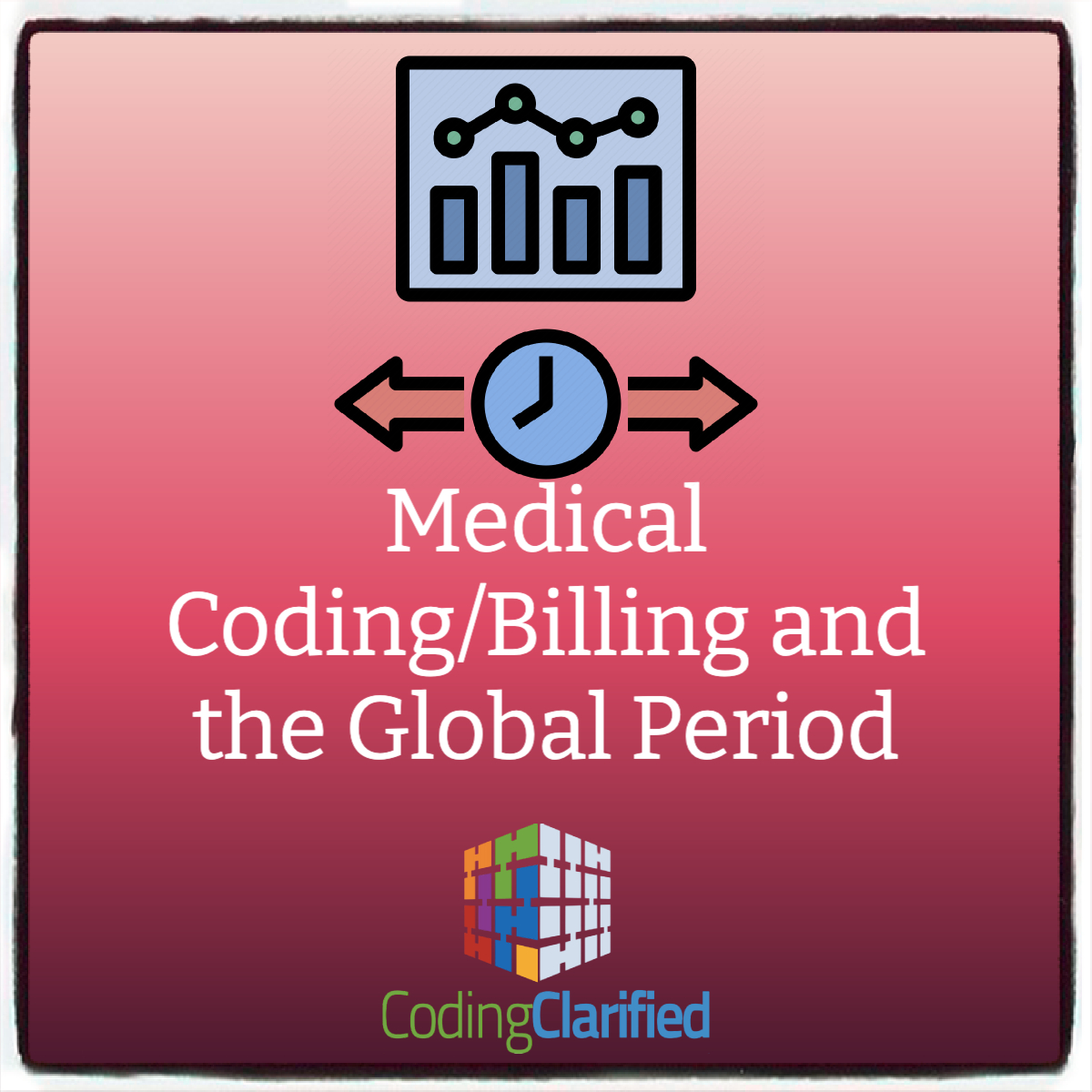Guidelines for Coding and Billing During the Global Period
In medical coding and billing, the global period plays a crucial role in determining how and when services related to a surgical procedure can be billed. Understanding medical coding and billing and the global period is essential for healthcare providers to ensure compliance and maximize reimbursement while avoiding claim denials.
What is the Global Period?
The global period is the timeframe during which all necessary follow-up care related to a surgical procedure is included in the payment for that procedure. It encompasses pre-operative, intra-operative, and post-operative care, reducing the need for separate billing for these services.
Types of Global Periods
- Zero-Day Global Period
- No post-operative visits are included. The patient is expected to return for follow-up care as needed, and these visits can be billed separately.
- 10-Day Global Period
- Includes all follow-up care for 10 days post-procedure. Any visits during this time are bundled into the payment for the surgery.
- 90-Day Global Period
- Covers all follow-up care for 90 days post-procedure. This includes office visits, procedures, and any complications arising from the surgery.
Coding Guidelines During the Global Period
1. Understanding Services Included
During the global period, the following services are typically included:
- Initial post-operative visits.
- Evaluation and management (E/M) services related to the surgery.
- Dressing changes and suture removal.
- Management of any complications directly related to the surgery.
2. Billing for E/M Services
E/M services provided during the global period are generally included in the global fee. However, there are exceptions:
- Significant, Separately Identifiable E/M Services: If a service is significant and distinct from the surgical procedure, it may be billed separately. Use modifier -25 to indicate that the E/M service was separate and necessary.
Example:
- If a patient presents for a follow-up visit within the global period but has a separate issue requiring evaluation, a distinct E/M service can be billed using the appropriate CPT code with modifier -25.
3. Modifiers and Documentation
Proper use of modifiers is essential for accurate billing:
- Modifier -24: Used to indicate that an E/M service is unrelated to the original procedure and occurred during the global period.
- Modifier -57: Used for decision for surgery during the global period, indicating that an E/M service resulted in a decision to perform surgery.
4. Avoiding Double Billing
When billing during the global period, be cautious to avoid double billing:
- Services related to the surgery, including post-operative care, should not be billed separately.
- Carefully review notes to ensure that the services provided are not included in the global fee.
Exceptions to Global Period Rules
Certain circumstances may allow for billing separate services during the global period:
- Complications: If a complication arises that requires additional treatment not typically included in the global package, it may be billed separately. Documentation should clearly outline the complication and its treatment.
- Non-Related Issues: If a patient presents with a completely unrelated condition during the global period, it can be billed separately, provided it is documented as a distinct issue.
Navigating the complexities of coding and billing during the global period is essential for healthcare providers. Understanding what services are included in the global fee, using modifiers correctly, and ensuring thorough documentation can help prevent billing errors and ensure appropriate reimbursement. By staying informed about guidelines and best practices, healthcare providers can enhance their billing processes and maintain compliance with coding regulations.

